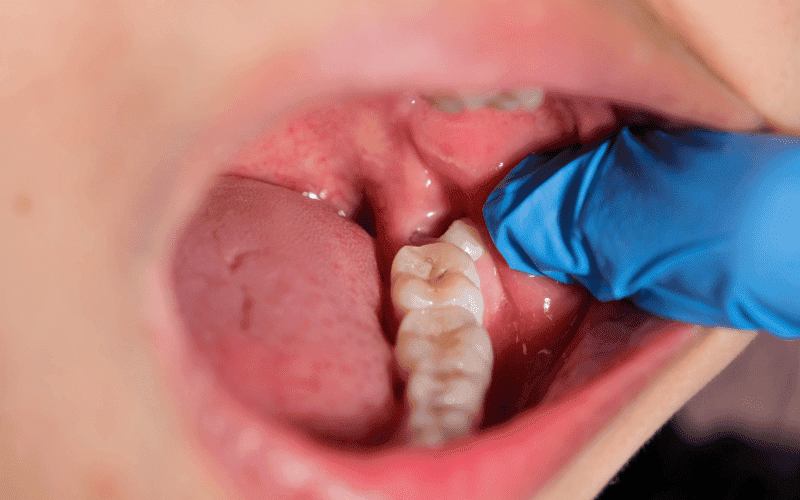same day emergency appointments available
Is It Good To Remove Wisdom Teeth?

The final molars in the back of your mouth are the wisdom teeth, sometimes known as third molars. They typically emerge during late adolescence or early adulthood, a period often associated with gaining wisdom. However, the presence can also bring about various dental issues, leading many individuals to consider the option of removal. In this blog post, we will delve into the reasons behind contemplating wisdom teeth removal, the potential benefits, and the associated risks and complications.
Understanding Wisdom Teeth
Before we delve into the reasons, it’s essential to understand the nature of these molars. Wisdom teeth usually emerge between the ages of 17 and 25, and their purpose in our ancestors was to aid in grinding tough plant tissues.
However, with changes in diet and lifestyle over time, these teeth have become more of a potential problem than an asset for many people.
Reasons for the Consideration
1. Overcrowding and Misalignment
One of the primary reasons is overcrowding and misalignment. The limited space in the jaw may cause these additional molars to push against existing teeth, leading to misalignment issues.
2. Impacted Wisdom Teeth
Impacted wisdom teeth occur when these molars don’t fully emerge or emerge at an angle. This can lead to pain, swelling, and potential damage to adjacent teeth.
3. Risk of Infection and Gum Disease
Wisdom teeth are challenging to clean due to their location at the back of the mouth. This makes them more susceptible to bacterial growth, increasing the risk of infection and gum disease.
4. Pain and Discomfort
Many individuals experience pain and discomfort as wisdom teeth start to emerge. This can be due to inflammation, pressure on surrounding teeth, or even the development of cysts around the impacted teeth.
Potential Benefits of Wisdom Teeth Removal
1. Prevention of Dental Issues
One of the key benefits is preventing potential dental issues. By removing these molars before they cause problems, individuals can avoid misalignment, overcrowding, and other complications.
2. Alleviation of Pain and Discomfort
Wisdom teeth removal can provide relief from the pain and discomfort associated with the emergence of these molars. This is particularly important for individuals experiencing acute pain from impacted or misaligned teeth.
3. Improved Oral Hygiene
Removing wisdom teeth can contribute to improved oral hygiene. Cleaning the remaining teeth effectively becomes more accessible with these molars out of the picture, reducing the risk of gum disease and cavities.
Risks and Complications
1. Possible Surgical Complications
While wisdom teeth removal is a common and generally safe procedure, there are potential surgical complications such as excessive bleeding, dry socket, or infection. These complications are rare but should be considered.
2. Nerve Damage
The proximity of nerve damage in the jaw can pose a risk of nerve damage during extraction. This may lead to numbness or tingling in the tongue, lips, or cheeks.
3. Infection and Other Post-Surgery Risks
Post-surgery, there is a risk of infection, swelling, and discomfort. Adhering to post-operative care instructions and attending follow-up appointments can minimize these risks.
In conclusion, removing is nuanced and should be based on individual circumstances. While there are potential benefits, such as preventing dental issues and alleviating pain, it’s crucial to consider the risks and complications associated with the procedure.
Consulting with a qualified dentist, like the experts at Spring Valley Dental Care, can provide personalized insights and guidance.
They specialize in various dental services, ensuring optimal oral health for their patients. Remember, the decision should be made in consultation with a dental professional who can assess your situation and provide tailored recommendations.



 Back
Back